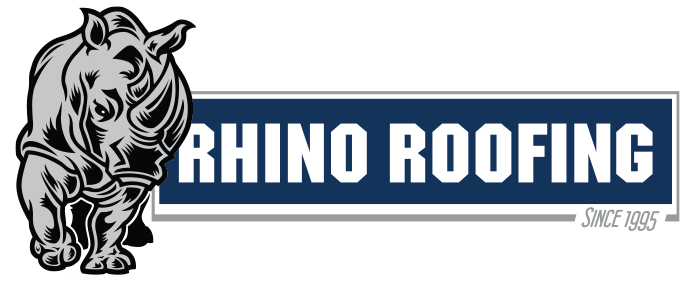Prepare Your Roof for Monsoon Season in New Mexico
Monsoon season in New Mexico runs from mid-June through late September, driven by shifting wind patterns that funnel moisture from the Gulf of California and Gulf of Mexico into our region . While the storms bring relief from summer heat, they also put roofs under serious duress—heavy downpours, high winds, hail, lightning, and flash floods can all threaten your roof’s integrity.
How Monsoons Affect Roofs
1. Heavy Rain & Ponding
Flat or low-slope roofs can trap water during intense storms, leading to leaks, mold, structural damage, and accelerated wear.
2. Strong Winds & Uplift
Gusty winds can catch under loose shingles or tiles, lifting or removing them and exposing the roof underneath.
3. Hail & Debris Damage
Monsoonal hail can crack shingles, dent metal roofing, or weaken coatings. Debris from winds—like branches—can also strike and compromise roofing.
4. Thermal Shock
Rapid temperature swings—hot days and cool, stormy nights—cause roofing materials to expand and contract, weakening seals and coatings over time.
The Summer Effect: Compound Damage
The summer sun’s UV rays (over 300 sunny days per year in NM) already dry and crack roofing materials—but monsoon rains exploit these existing weaknesses, making pre-season maintenance crucial.
Rhino Roofing’s Monsoon Prep Checklist
Schedule a Free Roof Inspection
We’ll check for loose or damaged shingles, cracked flashing, clogged gutters, ponding—and catch issues before they turn into leaks.Clean Gutters & Drains
Debris-free drainage prevents overflow and protects your home’s foundation.Secure Loose Shingles/Tiles
Fastening vulnerable roofingmaterials reduces the risk of wind uplift and water intrusion.Inspect & Strengthen Flashing & Sealants Flashing around chimneys, vents, and skylights is a common failure point during heavy storms.
Apply Waterproof Coatings (When Recommended)
Flat, foam, and metal roofs benefit from silicone or elastomeric coatings that resist moisture and UV degradationTrim Overhanging Branches
Reducing tree debris lowers the risk of storm damage
Why Now—Not Later
Real-world examples highlight the consequences of delays: a small crack can quickly become a full-blown leak under monsoon stress, leading to costly interior damage.
Take Action: Book a Free Inspection
Rhino Roofing is here to help you stay ahead of monsoons, not react to them. Our free, no-obligation inspections include:
Complete roof condition assessment
Professional repair estimates
Customized maintenance recommendations
Don’t wait for the next storm—call us today to ensure your roof is ready! 505-242-1602
